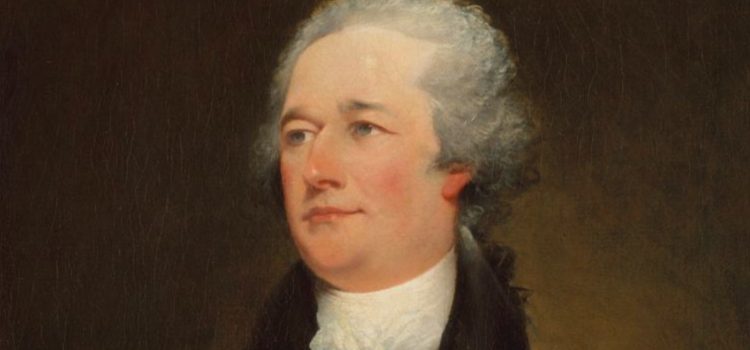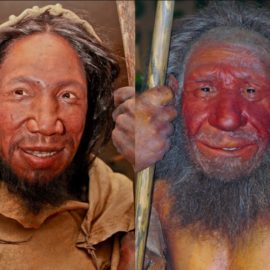

This article is an excerpt from the Shortform book guide to "Alexander Hamilton" by Ron Chernow. Shortform has the world's best summaries and analyses of books you should be reading.
Like this article? Sign up for a free trial here.
Was Alexander Hamilton against or for slavery? Why is his work as an abolitionist complicated?
Ron Chernow’s biography Alexander Hamilton does point out that Hamilton advocated for slaves’ rights, but he wasn’t exactly innocent in the matter. Many reports claim that Hamilton bought and owned slaves.
Continue reading to learn more about Alexander Hamilton on slavery.
What Were Hamilton’s Views on Slavery?
Chernow notes that most Federalists came from northern states, while most Republicans came from southern states. This was reflected in the parties’ contrasting beliefs about the future of the US economy. The North was increasingly urban and dependent on manufacturing, and while slavery was still practiced in states like New York and New Jersey, slaves were a small portion of the population and mostly worked in domestic household positions. By contrast, in southern states like Virginia and South Carolina, the economy depended on the production of cash crops like sugar, cotton, and tobacco on massive slave plantations, and slaves made up close to half of the total population. This is why it’s important to understand the views of Alexander Hamilton on slavery.
(Shortform note: This tension between North and South and their two divergent economies—the latter of which depended on slavery as a continued practice—would escalate for much of the next century, eventually erupting into the American Civil War of the 1860s. Eleven southern states (by this period there were 37 states total) attempted to secede and form their own country, resulting in four years of war and at least 600,000 deaths. The war ended with a Northern victory and nationwide abolition of slavery in the 13th Amendment to the Constitution. Despite this, the Mason-Dixon line, the border between the states of Maryland and Pennsylvania, is still treated as a kind of cultural border between northeastern and southern Americans.)
Chernow describes Hamilton as a committed abolitionist who worked with the New York Manumission Society to defend slaves and free African-Americans in court. While not all Federalists opposed slavery outright, many favored scaling back the practice alongside a push toward greater industrialization to create a domestic market for American raw materials. Republicans, on the other hand, largely saw slavery as essential to the American way of life and condemned the push for abolition as an attempt by Federalists to break down Republican power and deprive southern voters of economic influence. Several fights against slavery were waged in Congress in the last years of the 18th century, but all failed.
| Complicating Hamilton’s Abolitionism Several historians have criticized Chernow’s depiction of Hamilton as an abolitionist as being based on little or no evidence. While Hamilton did call slavery immoral in his writings, this was not uncommon among the Founding Fathers, the vast majority of whom owned slaves themselves. Many revolutionary figures condemned slavery in public while continuing to benefit from it in practice. This was also true for most of the founders of the New York Manumission Society, which Chernow describes as the vehicle for Hamilton’s anti-slavery legal work—Hamilton may have defended the rights of slave owners in court as often as those of African Americans. Financial records show that Hamilton bought and sold slaves on behalf of his wife’s family, and recent scholarship suggests that he owned several by the 1790s, as would have been typical for a white man of his class living in New York. There’s no evidence that he supported any of the failed anti-slavery campaigns in Congress. |

———End of Preview———
Like what you just read? Read the rest of the world's best book summary and analysis of Ron Chernow's "Alexander Hamilton" at Shortform.
Here's what you'll find in our full Alexander Hamilton summary:
- The biography of Alexander Hamilton that was adapted into the Broadway musical
- The life and influence of the overlooked Founding Father
- How Hamilton's life ended in scandal and a fatal duel






